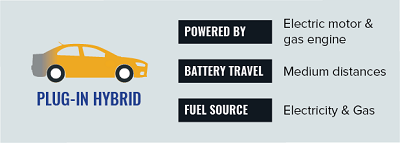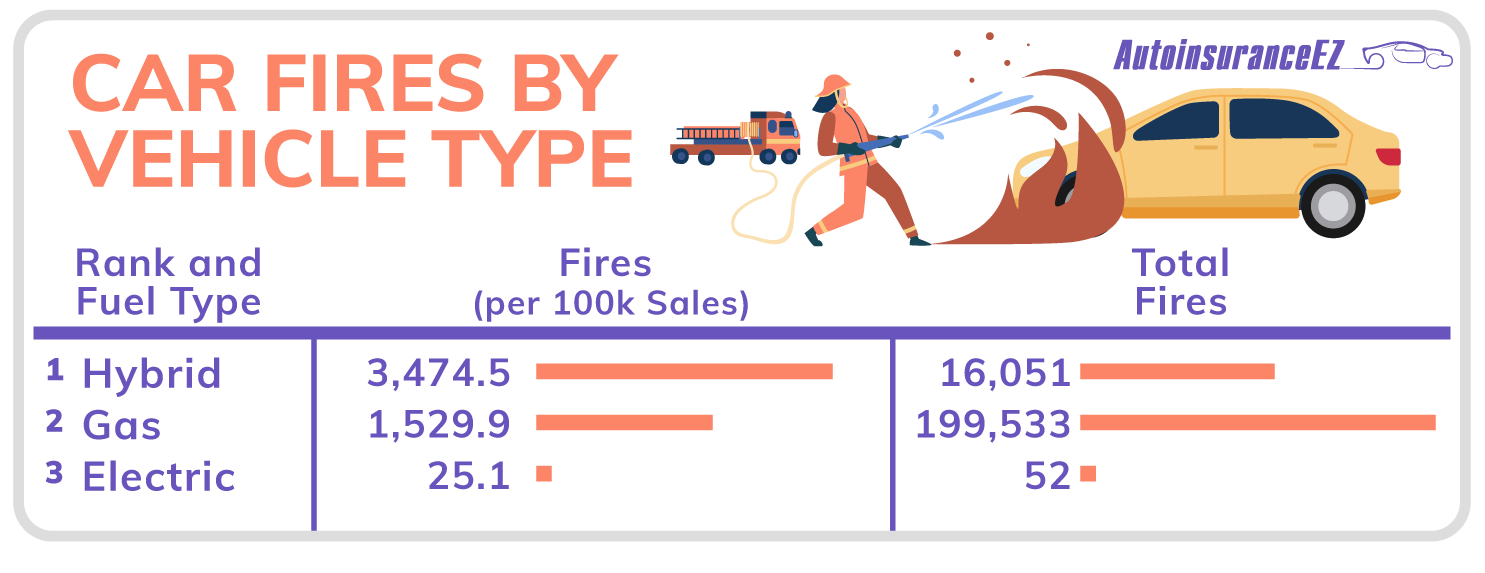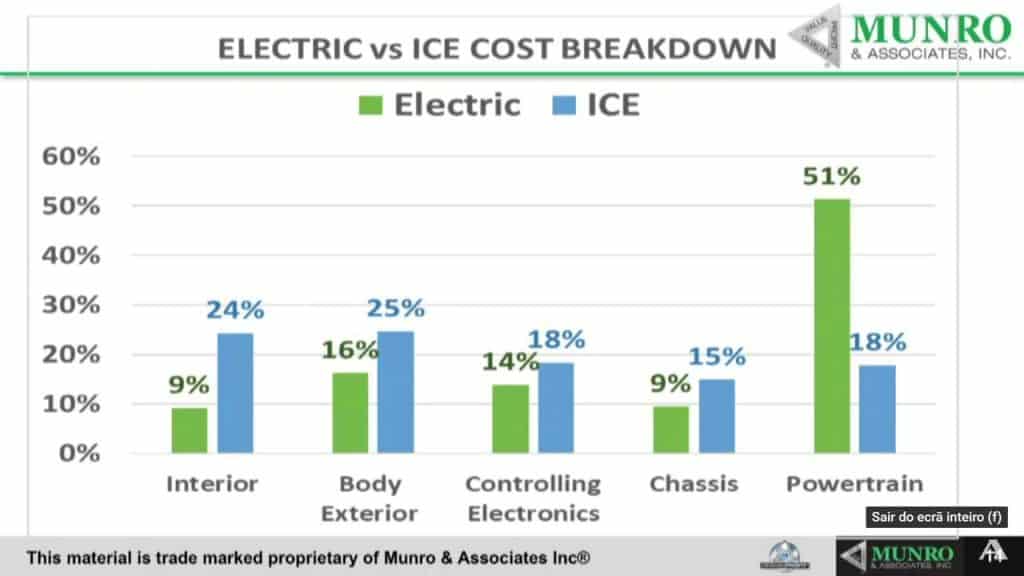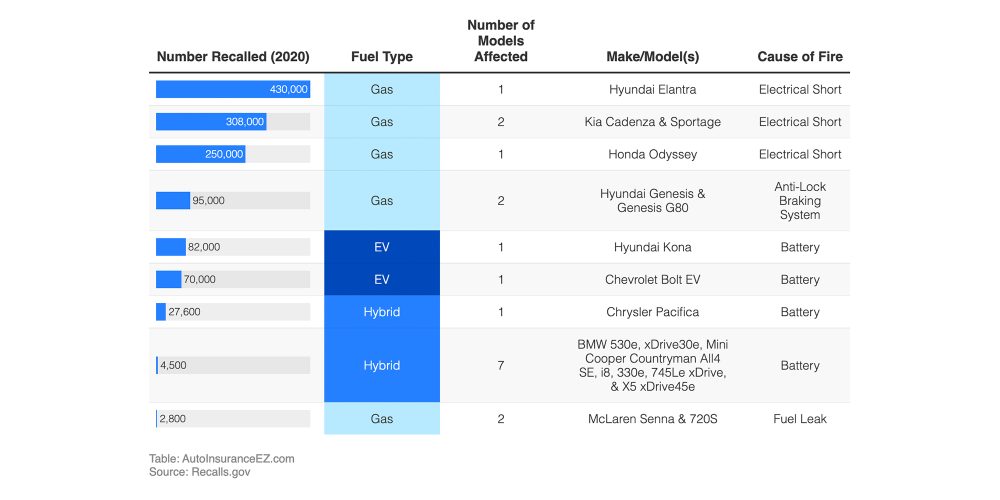Electric cars have been gaining popularity in recent years, touted as a cleaner and more cost-effective alternative to traditional internal combustion engine (ICE) vehicles. However, there are still debates and concerns surrounding electric cars that need to be addressed.
What Makes Electric Cars Different

One of the main differences between electric cars and ICE vehicles is their power source. Instead of relying on gasoline or diesel, electric cars are powered by electricity. This means they produce zero tailpipe emissions, making them more environmentally friendly and reducing air pollution.
Electric cars also have fewer moving parts compared to ICE vehicles, resulting in lower maintenance costs. They don't require oil changes, and their brakes tend to last longer since they rely on regenerative braking, which converts kinetic energy into electrical energy to recharge the battery.
Additionally, electric cars offer a smoother and quieter driving experience. With instant torque and acceleration, they can provide a thrilling ride while remaining quiet, thanks to their lack of an engine and exhaust noise.
Firefighters Still Aren't Sure How to Quickly Defeat EV Fires

Despite the many advantages of electric cars, there have been concerns about fire safety. Firefighters are still learning how to quickly and effectively extinguish fires in electric vehicles.
Electric car fires are rare but can be more challenging to handle than traditional car fires. The high-voltage lithium-ion batteries used in electric cars can catch fire and reignite even after being extinguished.
Firefighters undergo specific training to handle electric vehicle fires, but more research and development are needed to improve the safety measures and protocols surrounding these incidents.
The Big Cost Comparison: Electric Car vs. ICE

When considering purchasing a new vehicle, cost is often a significant factor. Many people wonder if electric cars are truly more cost-effective compared to ICE vehicles.
While electric cars might have a higher upfront cost, they can be cheaper to operate and maintain in the long run. Electricity is generally cheaper than gasoline, saving owners money on fuel costs. Additionally, electric cars have fewer parts that can wear out or break, resulting in lower maintenance expenses.
Furthermore, electric car owners may be eligible for various incentives, such as tax credits and reduced registration fees. These incentives can further offset the initial cost of purchase and make electric cars a more financially attractive option.
EV vs. ICE Cost Breakdown and Its Effects on EV Adoption

Understanding the cost breakdown between electric cars and ICE vehicles can shed light on why electric cars are becoming more popular.
The initial purchase price of electric cars tends to be higher due to the expensive battery technology. However, over time, the cost of owning an electric car can be significantly lower. This is because the cost of electricity is generally lower per mile compared to the cost of gasoline, and electric vehicles require less maintenance.
Moreover, as technology improves, the cost of producing electric cars is expected to decrease further, making them even more affordable for consumers, which can drive higher adoption rates.
Electric vs. Internal Combustion Engine (ICE) Vehicles
Comparing electric cars to ICE vehicles can help us understand the advantages and disadvantages of each option.
Electric cars produce zero tailpipe emissions, helping to reduce air pollution and combat climate change. They are also generally quieter, require less maintenance, and offer a smooth and instant acceleration experience.
On the other hand, ICE vehicles have a well-established infrastructure, making it easier to refuel or find a gas station. They also tend to have a longer driving range and can be more suitable for long-distance travel.
It's important to note that the environmental impact of electric cars depends on the source of the electricity they use. If the electricity comes from renewable sources, such as wind or solar, the overall carbon footprint can be significantly reduced.
Government Data Show Gasoline Vehicles Are Up to 100x More Prone to Fires

Vehicle fires can be a significant concern for car owners, and understanding the fire risks associated with different types of vehicles is essential.
Government data suggests that gasoline vehicles are significantly more prone to fires compared to electric vehicles. In fact, statistics indicate that gasoline vehicles can be up to 100 times more likely to catch fire.
This data highlights the potential safety advantage of electric cars in terms of fire incidents. However, it's crucial to remember that all vehicles, regardless of their power source, have fire risks, and proper safety precautions should always be followed.
Bolt EVs Catching Fires - GM Again Recalls EVs After Numerous Fires

While electric vehicles generally have a lower fire risk compared to gasoline vehicles, specific models can still face issues.
Recently, there have been concerns regarding the Chevy Bolt EV catching fire. In response to multiple incidents, General Motors (GM) has issued recalls and taken steps to address the potential problem.
It's important to note that such cases are not representative of electric vehicles as a whole. Understanding the specific circumstances and addressing them promptly demonstrates the commitment of car manufacturers and regulatory bodies to ensure the safety of electric vehicles.
In conclusion, electric cars offer numerous environmental and cost advantages over traditional ICE vehicles. They are cleaner, quieter, and generally more cost-effective in the long run. Safety concerns, such as fires, are being addressed through training and research. It's crucial to stay informed and consider all aspects when deciding on the best vehicle for your needs and preferences.
If you are searching about EV vs. ICE Cost Breakdown and its Effects on EV Adoption - Munro you've came to the right place. We have 8 Pictures about EV vs. ICE Cost Breakdown and its Effects on EV Adoption - Munro like V.E. et parking en sous-sol, risque d'incendie / Le café du coin, Electric vs. Internal Combustion Engine (ICE) Vehicles | zevrev.org and also Firefighters Still Aren't Sure How to Quickly Defeat EV Fires - Page 3. Here it is:
EV Vs. ICE Cost Breakdown And Its Effects On EV Adoption - Munro
 leandesign.com
leandesign.com breakdown total powertrain combustion
Government Data Show Gasoline Vehicles Are Up To 100x More Prone To
 electrek.co
electrek.co Firefighters Still Aren't Sure How To Quickly Defeat EV Fires - Page 3
 www.ar15.com
www.ar15.com The Big Cost Comparison: Electric Car Vs. ICE
 electriccarsreport.com
electriccarsreport.com comparison
What Makes Electric Cars Different - NYSERDA
 www.nyserda.ny.gov
www.nyserda.ny.gov V.E. Et Parking En Sous-sol, Risque D'incendie / Le Café Du Coin
 www.forum-mercedes.com
www.forum-mercedes.com Electric Vs. Internal Combustion Engine (ICE) Vehicles | Zevrev.org
vs ice electric combustion zev ev internal vehicles engine mandate economic ministers innovation urging transport send letter development science
Bolt EVs Catching Fires, GM Again Recalls EVs After Numerous Fires
 www.vehiclesuggest.com
www.vehiclesuggest.com fires recall catches driveway evs parked reportedly bolts recalls insideevs fuoco elettrica prende identify recalled vehiclesuggest ignoring owners investigated 69k
Firefighters still aren't sure how to quickly defeat ev fires. Ev vs. ice cost breakdown and its effects on ev adoption. V.e. et parking en sous-sol, risque d'incendie / le café du coin
0 comments